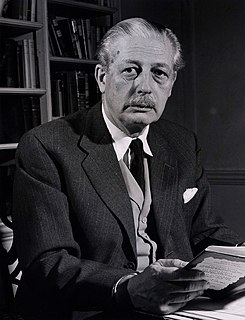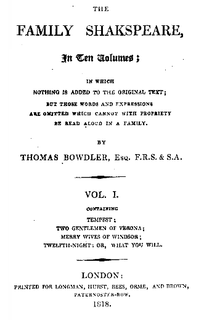A Quote by Edgar Allan Poe
A fool, for example, thinks Shakespeare a great poet . . . yet the fool has never read Shakespeare.
Quote Topics
Related Quotes
You ask whether I have ever been in love: fool as I am, I am not such a fool as that. But if one is only to talk from first-hand experience, conversation would be a very poor business. But though I have no personal experience of the things they call love, I have what is better - the experience of Sappho, of Euripides, of Catallus, of Shakespeare, of Spenser, of Austen, of Bronte, of anyone else I have read.
A lot of people have a fear of Shakespeare. Even actors do. People are like, "Oh, I won't go and see Shakespeare because the language is so hard," but it is. When you read it on the page, you go, "What?! What does that mean?!" If you go to a Shakespeare play and you've never been, you sit there and go, "I'm an idiot! I don't get it!"
I believe strongly in what John Keats called negative capability: the trait or practice that allows a poet to remain in uncertainties, mysteries, doubts, without any irritable reaching after fact & reason. For Keats, William Shakespeare exemplified negative capability, and I do think it's extraordinary that for all the thousands of pages Shakespeare left behind, we really don't know much about Shakespeare's own personality or opinions.
Perhaps there is a reason that there is no fool piece on the chessboard. What action, a fool? What strategy, a fool? What use, a fool? Ah, but a fool resides in a deck of cards, a joker, sometimes two. Of no worth, of course. No real purpose. The appearance of a trump, but none of the power: Simply an instrument of chance. Only a dealer may give value to the joker.






































